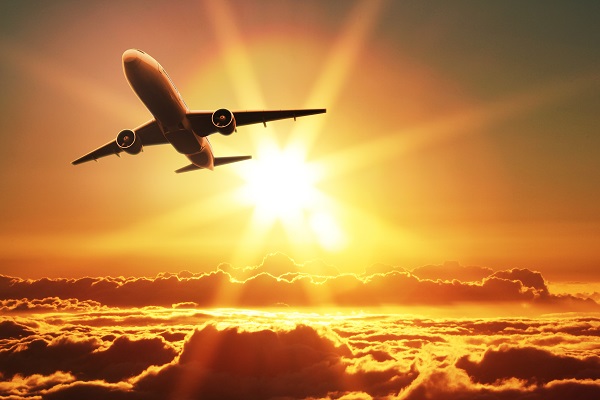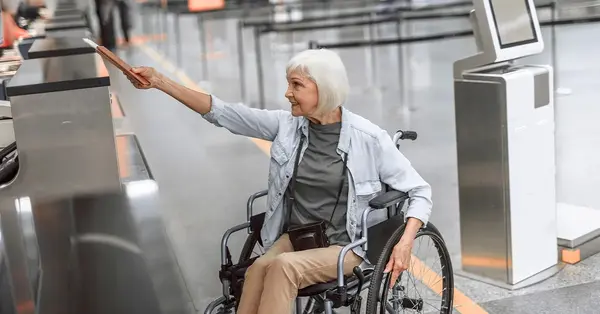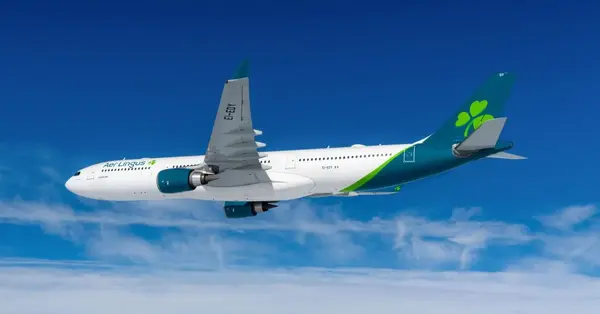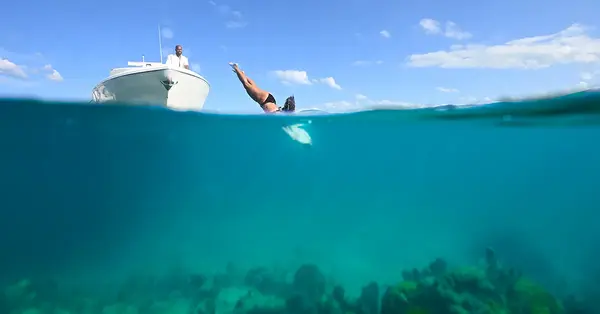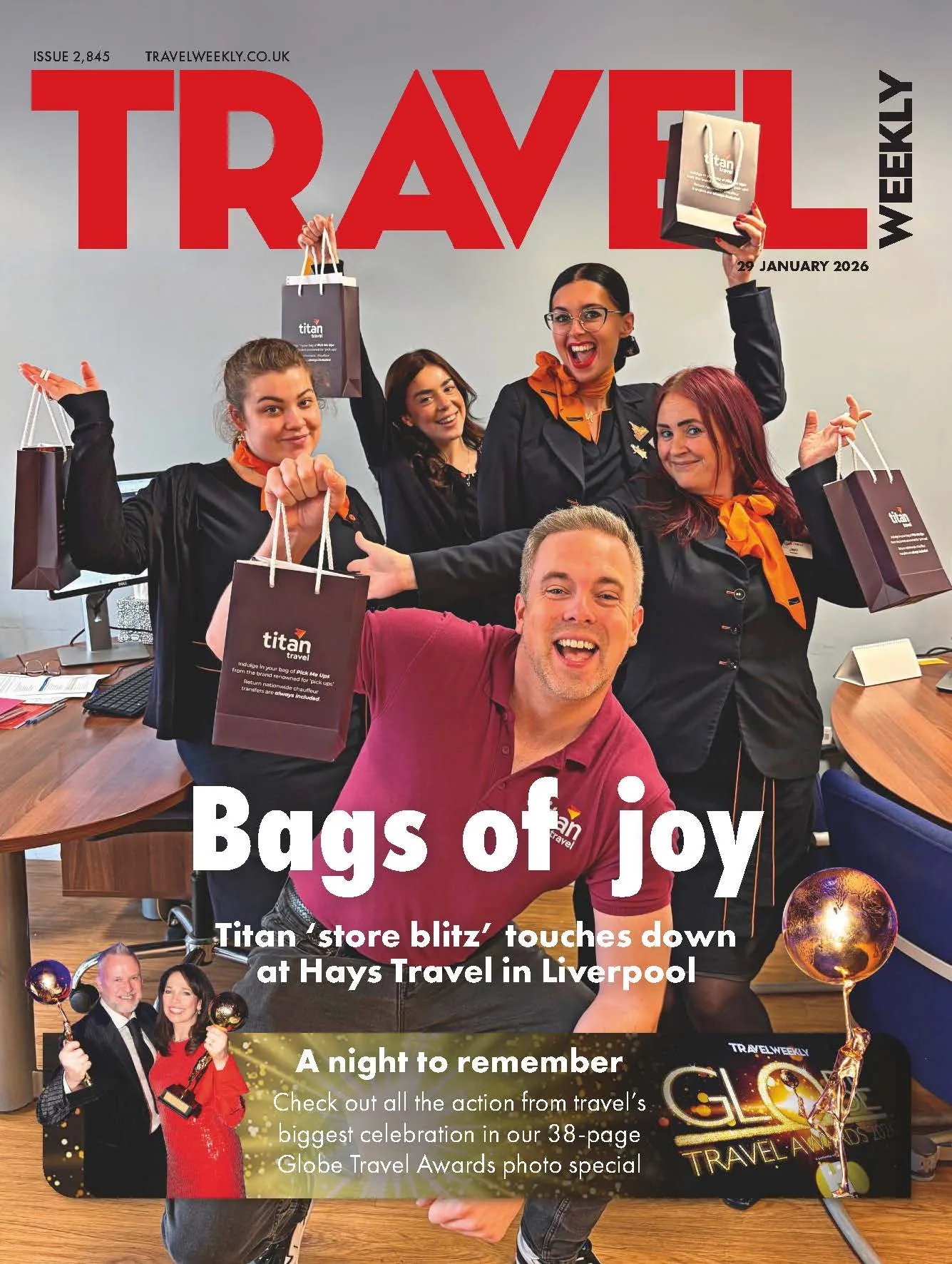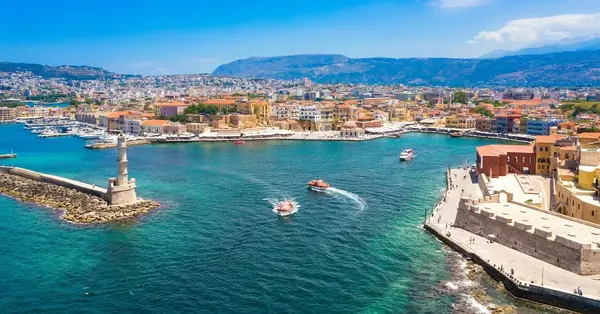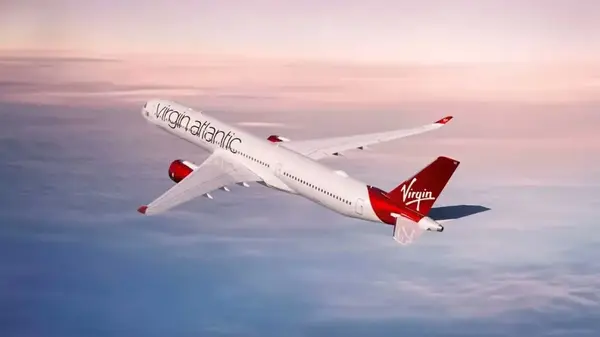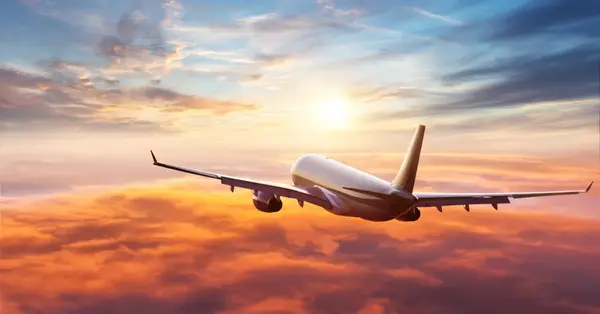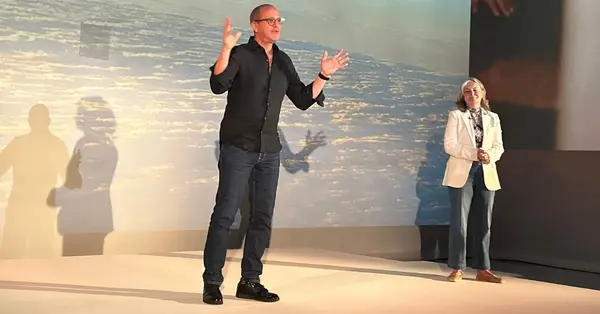You are viewing 1 of your 2 free articles
Iata commits to hit net-zero carbon target by 2050
Iata agreed a new carbon reduction target for aviation at its annual general meeting in Boston on Monday, resolving to achieve net-zero carbon emissions by 2050.
Airlines were previously committed to cut CO2 emissions by 50% of the 2005 level by 2050.
Willie Walsh, Iata director general, urged support for the resolution telling members “We recognise the freedom to fly will depend on our ability to fly sustainably.
“Like all industries we must reduce and eventually eliminate [carbon] emissions.”
More: Airline pandemic losses forecast to surpass $200 billion next year
European airports disputes Iata warnings over Covid recovery charges
Iata chief slams failure to harmonise Covid travel rules
He noted the 50% reduction target set in 2010 had seen airlines “invest hundreds of billions of dollars in more fuel-efficient aircraft” and the use of sustainable aviation fuel (SAF) “grow from eight million litres a year in 2016 to more than 100 million this year”.
But Walsh said: “Our current target is simply not ambitious enough.”
He told members: “Your board of governors worked intensively in recent months to define a path to net zero carbon emissions by 2050. It can be achieved.
“It will take a combination of SAF, radical airframe designs, cutting edge propulsion methods, efficiency gains, carbon capture technology and offsetting.”
Walsh noted: “This will be an additional challenge at a very difficult time.” But he insisted: “It’s a commitment behind which we must be united and determined to deliver.”
However, the Iata chief added: “The cost and effort of breaking our industry’s dependence on fossil fuels cannot fall on the backs of airlines alone.
“The energy transition for road transport is happening because governments created a policy framework that supported innovation.”
The Iata resolution affirmed members’ commitment to the Carbon Offsetting and Reduction Scheme for International Aviation (CORSIA) established by the International Civil Aviation Organisation (ICAO) and urged governments “not [to] rely on ticket and carbon taxes”.
It demanded fuel companies provide “large scale, cost-competitive sustainable aviation fuels”, “governments and air navigation service providers eliminate inefficiencies in air traffic management”, “aircraft and engine manufacturers produce radically more efficient airframe and propulsion technologies”, and “airport operators provide the infrastructure to supply SAF in a cost-effective manner”.
The heads of Chinese member airlines pointed out the Beijing government remains committed to a net-zero target of 2060 and at least one carrier called for the resolution to be amended but there was no seconder and the resolution was passed without a vote.
Speaking after the resolution was accepted, Walsh said: “The world’s airlines have taken a momentous decision to ensure that flying is sustainable. Achieving net zero emissions will be a huge challenge.
“All parts of the aviation industry must work together within a supportive government policy framework to deliver the massive changes that are needed.”
He insisted: “We have a plan. The scale of the industry in 2050 will require the mitigation of 1.8 gigatons of carbon.
“A potential scenario is that 65% of this will be abated through sustainable aviation fuels. We would expect new propulsion technology, such as hydrogen, to take care of another 13%. And efficiency improvements will account for a further 3%. The remainder could be dealt with through carbon capture and storage and offsets.”
However, Walsh repeated: “Governments must be active partners in achieving net zero by 2050. The costs and investment risks are too high otherwise.”
He added: “Limiting flying with retrograde and punitive taxes would stifle investment.
“There will be those who say that we face impossible numbers and technical challenges.
“We’re launching a transition that is challenging. But in 30 years it is within reach provided governments and the whole industry work together and hold each other accountable for delivery.”
More: Airline pandemic losses forecast to surpass $200 billion next year
European airports disputes Iata warnings over Covid recovery charges

